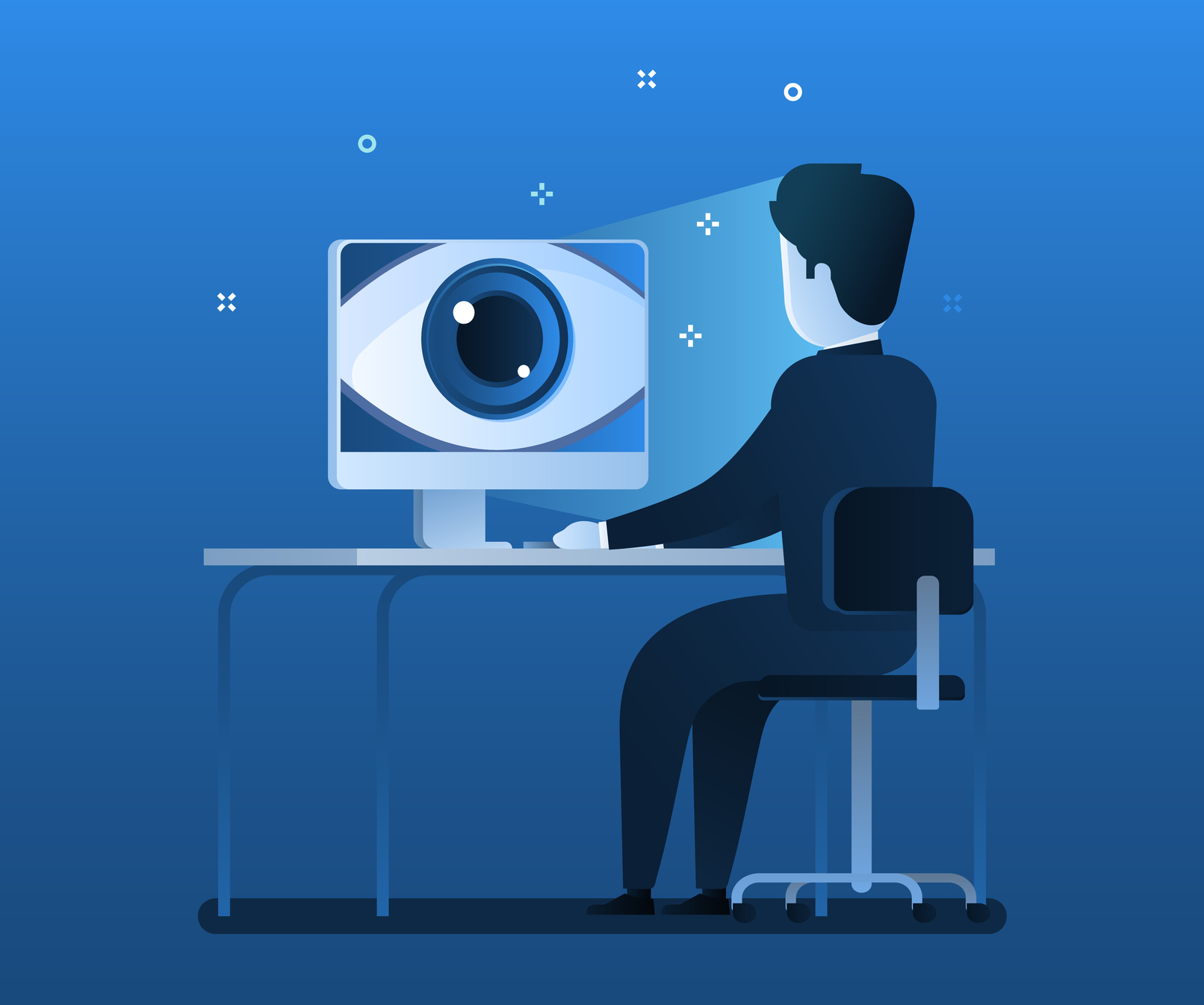On Monday, November 18, 2019, Judge Edward M. Chen of the U.S. District Court, Northern District of California, issued an order declining to grant a motion for partial summary judgment in a lawsuit filed by the American Civil Liberties Union against multiple federal agencies, including the U.S. Department of Justice, the Federal Bureau of Investigation, the Department of Homeland Security, and other federal immigration agencies. The ACLU seeks information, via a FOIA request, as to the federal agencies' surveillance of social media users. Judge Chen's ruling allows the case to move forward.
Articles Tagged with FOIA
The California Air Resources Board (CARB) has sued two US federal agencies over the data they used to support rolling back Obama-era vehicle emissions standards.
The New York Times has filed a lawsuit against the Federal Communications Commission (FCC) over the FCC's ongoing refusal to adequately respond to FOIA requests. When the FCC's website was soliciting public comments over the controversial net neutrality policies last year, it received an alarmingly high number of comments from ostensibly fake accounts. The New York Times alleges that it has requested under the Freedom of Information Act (FOIA) the traffic details for that notice-and-comment period and that the FCC has failed to respond to multiple requests. In its complaint, the New York Times claims that the release of the "records . . . will shed light on the extent to which Russian nationals and agents of the Russian government have interfered with the agency notice-and-comment process about a topic of extensive public interest: the government's decision to abandon 'net neutrality.'"
Campaign for Accountability (CfA), a watchdog group, filed a lawsuit this month against the Environmental Protection Agency (EPA) in the District of Columbia to demand the release of documents linked to the Tar Creek Superfund site, which is located in northeastern Oklahoma.
The ACLU filed a FOIA lawsuit to collect information about the policies, equipment, and training that apply to the search of electronic devices brought by passengers on domestic flights, a practice that may have begun last fall.





